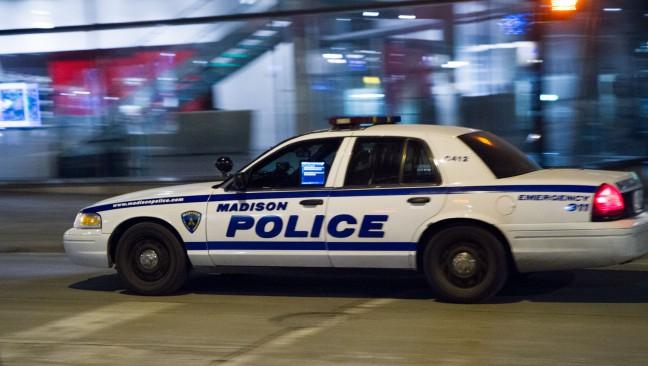The Assembly passed a bill that would make a fourth OWI offense a felony Tuesday in a 95-1 vote, but some say more needs be done to address drunk driving in the state.
Rep. Jim Ott, R-Mequon, said before the Assembly hearing, the goal of his legislation was for the court system to provide measures to better deal with chronic repeat offenders.
“People with fourth, fifth, sixth offenses, will be able to be dealt with more firmly,” Ott said.
Under current law, fourth offense OWIs are only considered felonies if they occur within five years of the last offense, Ott said. This bill would make fourth offenses a felony under all circumstances. The bill would also make the level of felony more severe for OWIs past the fourth offense.
Proponents of the bill believe it will lead to a decrease in drunk driving in the state, John Lee, University of Wisconsin industrial and systems engineering professor and expert on driver distraction, said. Wisconsin drunk driving penalties are more lenient than many states in the country, he added.
“There are some states that are more strict and maybe a few that are less,” Lee said. “But generally, it’s less strict than many states.”
But, some have expressed concern over the high price tag attached to this bill.
The Department of Corrections estimated the increase in felonies issued will increase their operating costs by $97.9 million to $129 million annually, according to the bill’s fiscal estimate.
Ott, however, said this is an over-estimate of costs because it doesn’t account for the amount of people who would stop drunk driving because of fear of a felony.
“My feeling is there’s going to be less convictions because there is going to be a deterrent effect,” he said. “I think the cost is an over-estimate.”
Richard Brown, UW family medicine professor, said even with the bill, Wisconsin will continue to have among the most relaxed OWI penalties. The bill would be unlikely to reduce drunk driving offenses to any significant degree, he said.
“I’m glad many legislators want to address drunk driving,” Brown said. “I wish they would implement policy changes that science tells us would work.”
Some proposals backed by research, Brown said, include allowing sobriety checkpoints and ensuring offenders undergo an alcohol assessment.
Lee said the prominence of drunk driving in WI is a cultural problem that could be solved by stronger regulations on drunk driving. Bills like this are signs that culture is changing, he added.
“I think stricter laws, more systematic enforcement, can really reduce drunk driving related fatalities, so I would guess that [the bill] is going to improve things,” Lee said. “I think the base of the issue is really changing the culture from one that accepts drunk driving to one that doesn’t.”
The bill now heads to Gov. Scott Walker’s desk.


